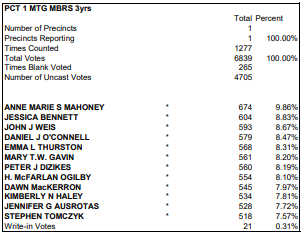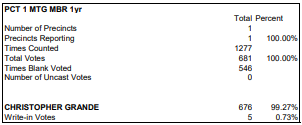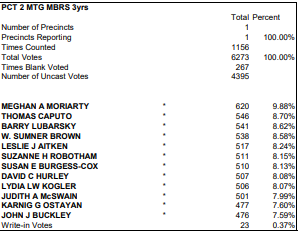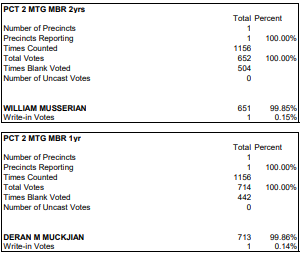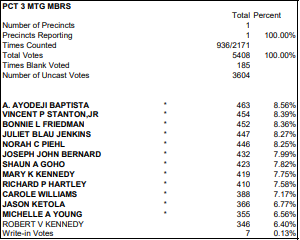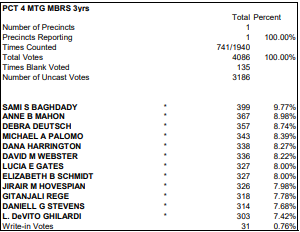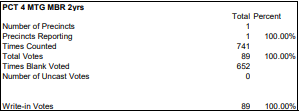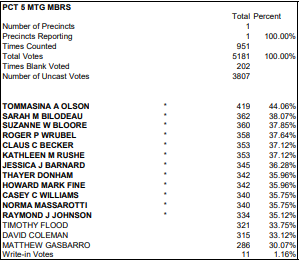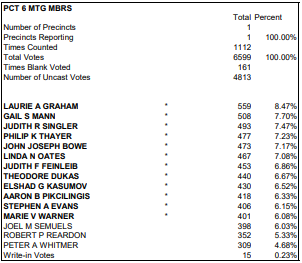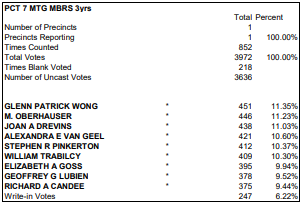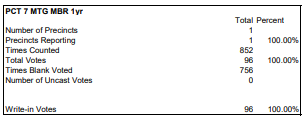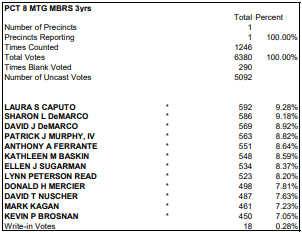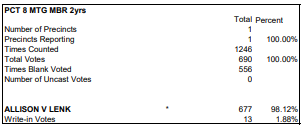Photo: Belmont teachers and staff will be required to be vaccinated if a tentative agreement is approved.
In a joint press release issued Friday afternoon, Sept. 3, representatives of the Belmont School Committee and the local teachers’ union, the Belmont Educators Association, tentatively agreed to mandated vaccinations against the Covid-19 virus for educators and staff working in Belmont’s six public schools.
The agreement, passed on Thursday, Sept. 2, will now go before the full BEA membership and the six member School Committee to be voted on and ratified.
The Belmont School District will also begin the school year with a mask mandate for students and staff.
The provisional deal comes as school’s open in Belmont on Wednesday, Sept. 8, in the midst of a significant surge of the virus due to the spread of the highly infectious Delta variant. Elementary and younger middle school students who can not be vaccinated due to their age are seen as susceptible to either catching or carrying the virus.
The press release also announced the second of” two important health mitigation strategies that will support a safe opening of school” as the Belmont Public Schools is partnering with Cambridge Innovation Center to implement a Routine COVID Safety Checks – formerly known as Routine COVID Pooled Testing – and a “Test and Stay” close contact testing protocol.
Routine COVID safety checks is when shallow nasal swab samples are collected at school and put into a single tube. If a group tests positive, individual follow-up testing with a second sample collection occurs at the school with BinaxNOW and/or individual PCR testing, as necessary.
Test and stay protocol is for students and staff who may have been exposed to COVID-19 while in school. Test and Stay allows students and staff who were exposed to a person who tested positive for COVID-19 at school to remain in school as long as they have no symptoms. Instead of missing school, these students and staff will be administered a daily BinaxNOW rapid test at school. They will continue to quarantine outside of the school day. Students and staff participate in Test and Stay for a minimum of five days after they may have been exposed.
A health bulletin from the school district’s nursing staff with more information on pool testing, test and stay, testing consent forms, etc., with links to the new symptom checker will be sent to you early next week, Sept. 12.

